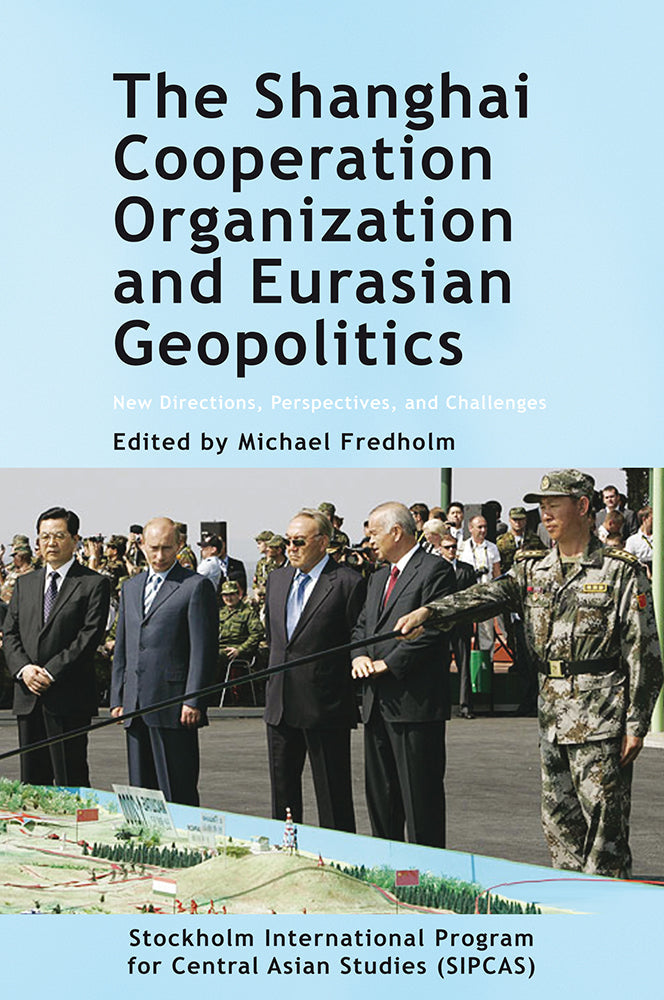The Shanghai Cooperation Organization: New Directions, Perspectives, and Challenges
$48.00 SGD
edited by Michael Fredholm
In its first decade of existence, the Shanghai Cooperation Organization (SCO) has developed into a key regional security group in Asia. Alarmists believe that the SCO is making itself into a NATO of the East, thus posing a long-term threat to the West, while others point to a “looseness” in the SCO that prevents it from becoming a cohesive group like NATO. Indeed, Sino-Russian rivalry is said to be a major obstacle for the SCO’s long-term sustainability. Even so, the key importance of several SCO member states in the fields of economic development and energy production means that political developments within the SCO can soon no longer be ignored by the global market. Despite these factors – and even though its member states could be said to represent no less than “half of humanity” – the organization has long been disregarded by political leaders in the West and is seldom reported in Western media or analysed in academic works.
As such, this ground-breaking volume with contributors from across the region and beyond will be a key reference for many specialists and academics working on Asian affairs. Aimed at political scientists and area specialists with an interest in Asian affairs, this volume is also intended to be of use in courses on contemporary geopolitics, security and foreign policy in Central Asia, Russia and China as well as offering unique perspectives to students in both political science and area studies. Certain chapters may also be helpful for scholars and students within the field of economics and energy studies. This volume is the result of a series of seminars and workshops on the SCO conducted within the framework of the Stockholm International Program for Central Asian Studies (SIPCAS). The initiator and leader of this book project was Professor Birgit Schlyter, Head of SIPCAS and presently Director of the Swedish Research Institute in Istanbul.
"The meticulous study of the SCO provided by the volume edited by Fredholm ensures that the contributions make available a comprehensive overview of the institutional history and practices of the organisation. - Emilian Kavalski, www.newbooks.asia
Michael Fredholm is an historian who has published extensively on the history, security policies and energy sector developments of Eurasia. He has worked as an independent academic advisor to governmental, inter-governmental, and non-governmental bodies for more than two decades and regularly has been called upon to train Swedish and Coalition intelligence officers of the military contingent in Afghanistan. His recent books include studies of lone-actor terrorism and the nexus between transnational organized crime and jihadist terrorism.
Publication year: 2012
338 pp / 229mm x 152mm
5figures, 2 tables
ISBN: 978-87-7694-107-9, Paperback
NIAS Press

